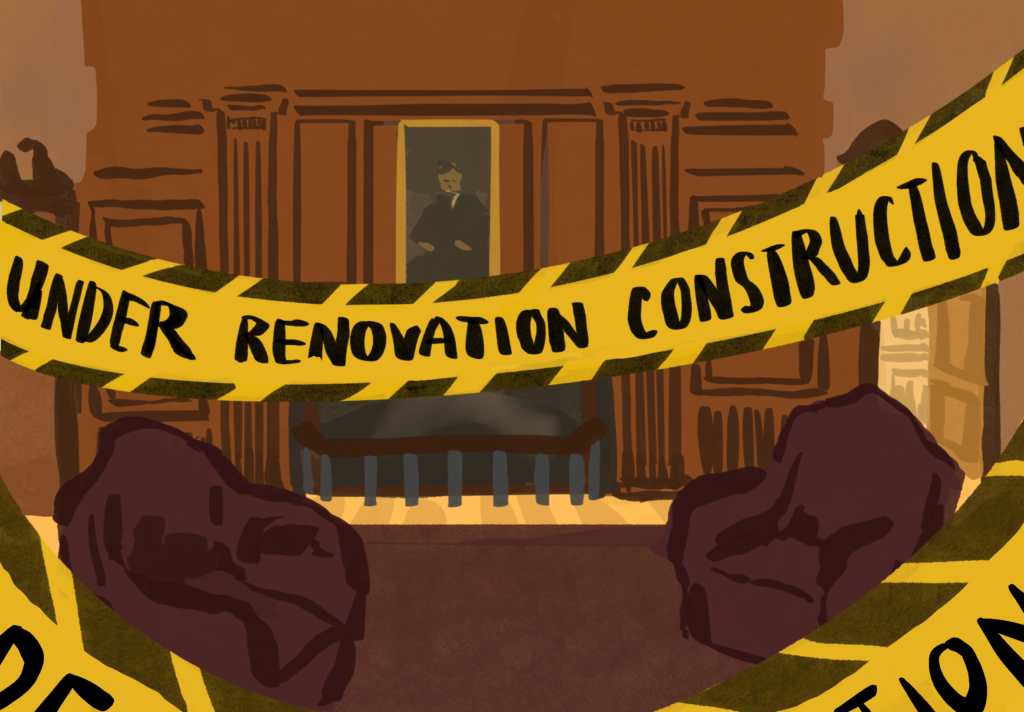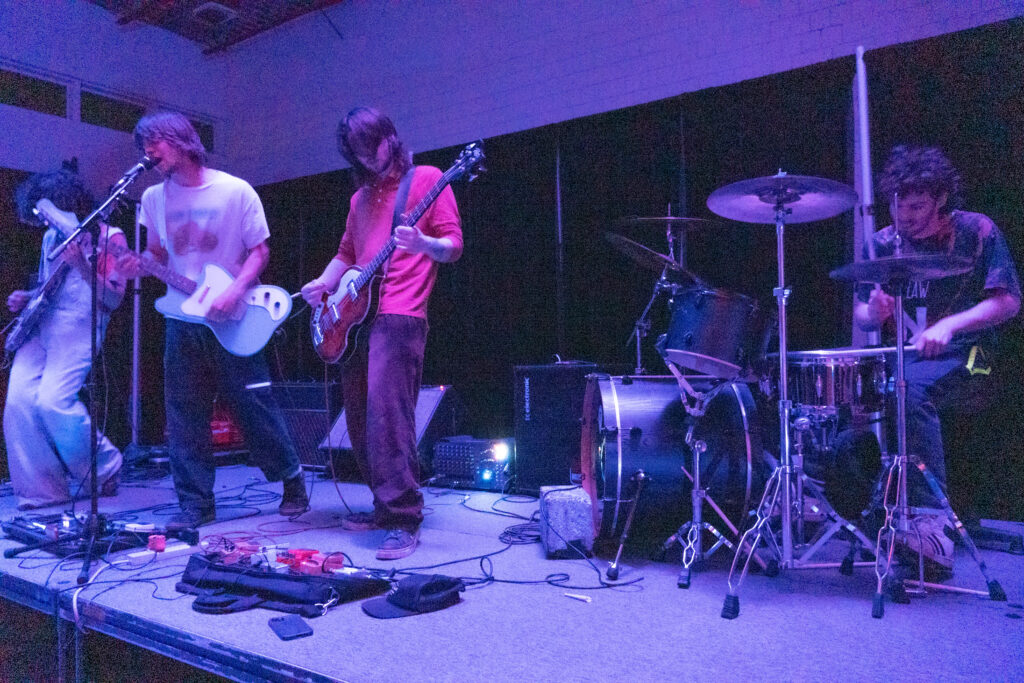Last weekend, the Choate robotics team culminated an intense six-week build session with the New England Regional Tournament at the Western New England University in Springfield, Massachusetts. Competing in qualifying matches with students from 30 other schools, this was the first time the team was able to compete with their robots from build season. The team had an impressive showing at the tournament, making it into the playoff rounds even as a FRC rookie team. Each robotics team was paired with two others in groups called “alliances.” After competing in a practice and qualifying rounds, the Choate team, which was new to the competition, wowed the others with their impressive robot and was picked to complete the seventh alliance of the competition. One of the team’s most notable accomplishments was winning a match in the quarterfinals against the second seeded alliance.
As one of the last competitions in his Choate career, this experience meant a lot to Knute Broady ’19. “As someone who doesn’t play varsity sports, [robotic] competitions are a cool experience that allow me to travel and compete with my closest friends. While we had a really rough start, we recovered and ended up performing impressively towards the end.”
The competition was organized by NE FIRST, the operational partner of the FIRST Robotics Competition, and supported by ingenuityNE, a non-profit public charity in the state of Connecticut. This competition was designed for teams to build and program industrial-size robots to play a simulated game against other robots. The teams worked under strict rules, limited resources, and an intense six-week time limit for building.
When asked about the benefits of competitions like New England Regionals, robotics coach Mr. Kyle Di Tieri said, “Competitions bring out good stress in students, as there are certain factors you cannot simulate when working in a lab.” The students faced many unexpected situations at the competition. During the first practice match, the robot fell over, which had never happened before in the lab.
The six-week build session leading up to the competition consisted of intense 15-hour weeks involving game analysis, strategic design, prototyping, assembly, test runs, programming, and a process of communicating with and scouting out other teams.
For the competition, Choate’s team was picked by an alliance without much variety, as all three of their robots had very similar strengths and weaknesses. This lowered the team’s expectations going into the competition. Winning the quarterfinals match gave the team a huge morale boost for the remainder of the competition. “Winning the quarterfinals was definitely the highlight of the competition for me. The whole team went crazy,” said Alex Du ’21.
As he reflected on this year’s season, Mr. Di Tieri remarked, “Generally speaking, the robotics team, especially the drive team, was put into hard scenarios. I want to say to all members that they have done a great deal of work, and no matter what comes out of the next tournament at Hartford, I want them to know that they have grown tremendously, and I am proud of every one of them.”



